‘PIP gives me quality of life’ — Locals share fears of planned benefits changes
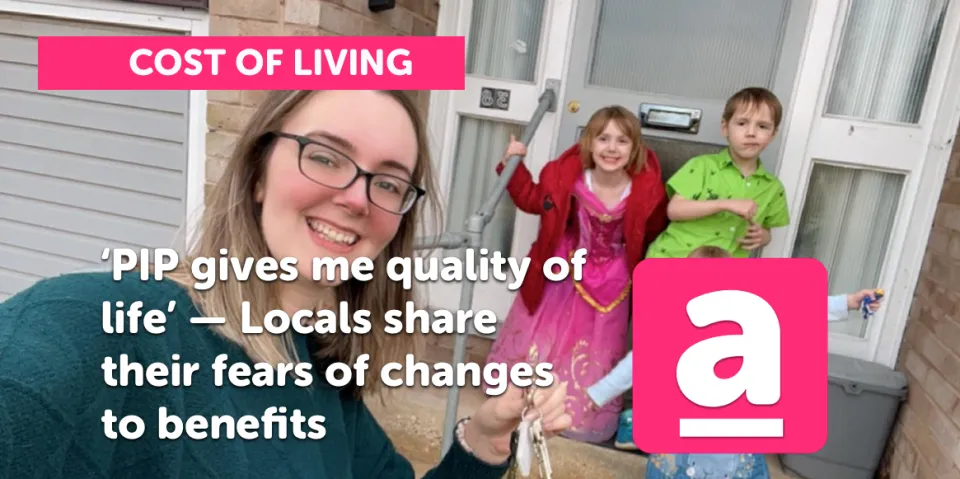
by Alex Parnham-Cope | Amplify Stroud
April 2025
The national changes were announced last month and target savings of around £4.8 billion by 2030, prompting fears of a continuation of austerity under the Labour government. The government is tightening the criteria for claiming PIP so less people can qualify for the ‘daily living element’.
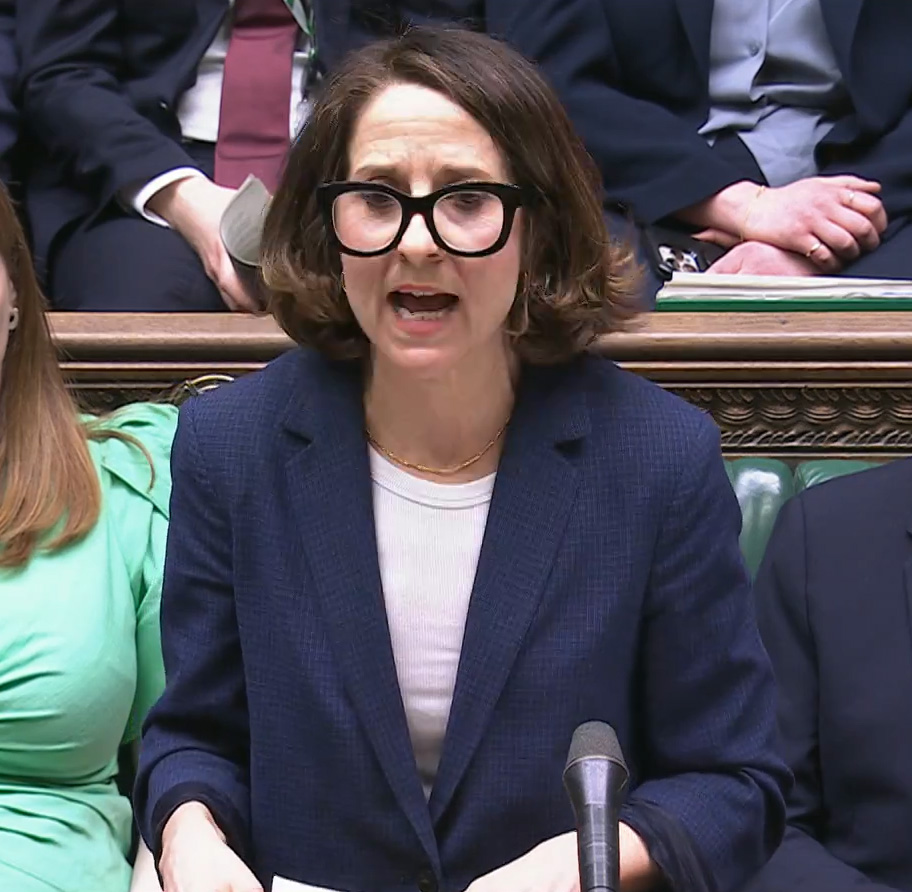
Experts have warned an estimated 230,000 disabled people will lose access to benefits, losing between £8,000 and £10,000 a year and pushing around 50,000 children into poverty. The Guardian reports that even those who need help showering, washing and dressing may not score high enough on the new assessments to be eligible.

The reforms also include a permanent, above-inflation boost to Universal Credit and a return to in-person assessments. There will be new protections for the most severely and permanently disabled, who won’t have to undergo reassessments. The government has announced £1 billion investment in new work programmes to get people back into jobs.

But behind all the complex figures and policy proposals, what do the changes really mean for ill and disabled people in Stroud and their loved ones?
“Without PIP, I’d struggle to keep a roof over our heads”
Sophie is a single mother of three based in Stroud who receives Universal Credit and PIP. She was forced to take a break from work after being diagnosed with a serious heart condition a few years ago.
Sophie says her employer is supportive of her career break, but that “it's not about a willingness [to work], it is capability. And for myself, I just couldn't work full time anymore, and I've had to try and adjust.”
Accessing PIP wasn’t easy, and her first application was denied. “At the time, my mental health was in such a poor place, I didn't even bother asking for a mandatory reconsideration,” she explains.
“Then the second time I claimed, I thought, ‘no, I need to ask for this’. I can't work full time. It's affecting my financial stability.”
When her second application was denied, Sophie sought help from the Citizens Advice Bureau, who made her feel “validated and supported”, and she was finally granted the benefits.
PIP helps Sophie care for herself and her family while she’s out of work.
“It helps me to fund a cleaner to come in twice a week, which means I can manage my energy levels better to actually devote more quality time to my children. That might be in the form of just being able to prepare a meal for them, which is not something I can always do.”
“When my fatigue is high, some days, it is a struggle just to get off the sofa. And obviously the knock-on impact is I'm less able to meet my own needs, as well as the children's. So just knowing that I've got that bit of extra financial security, it just gives me that flexibility.”
Sophie says having a disability that’s changeable day to day makes the demands of work very challenging.
“I'm not sure focussing on getting people into work is the right path, especially if it's low paid work that might exacerbate any sort of fatigue or illness they're going through.”
One of Sophie’s children is on a waiting list for autism and ADHD support, and is currently in receipt of Disability Living Allowance, although she’s struggling to get help while they await a formal diagnosis.
Explaining the financial impact of her illness, Sophie admits “It’s tight for me. I'm on Universal Credit. I'm in receipt of PIP, I'm currently going through the review process for DLA for my child. But if I didn't have PIP and I ended up without the DLA, we would really struggle to keep a roof over our heads.”
PIP confusion causing “distressing levels of anxiety”, says charity
Building Circles is a Stonehouse-based charity that supports social inclusion for adults with learning disabilities across the country.
Their work helps disabled people enjoy live music, make friends, and build social and safety skills. Helen Kay from Building Circles says the charity is “aware of significant levels of anxiety and uncertainty being caused by proposed changes to PIP eligibility.”

“Last week, a participant told us he felt “really anxious” after receiving a letter which he understood to be stating that his PIP may be replaced with Universal Credit. He shared that he couldn’t manage the change alone and relies on his elderly mother for support.”
As a charity, Building Circles are not party political and do not take a position on policy changes.
They say the current proposals have led to confusion and “distressing levels of anxiety” amongst the communities they support, and suggest those looking for support or guidance contact Inclusion Gloucestershire or Citizens Advice.
“When people cannot access clear, relevant information, the consequences are significant,” Helen explains. “It leads to greater social exclusion, prevents people from participating in decisions about their own lives, and contributes to increasing isolation and uncertainty.”
“This government obviously doesn't care about us”
Disabled locals speak out against the cuts
Oli, 27, is based in Bussage and has been accessing PIP for the past 7 years, after being forced to drop out of university and give up their part-time job due to illness. “I initially applied for PIP because I was struggling to pay for the treatments and mobility aids I was quickly beginning to need”, they explain.
But like Sophie, Oli found accessing financial support was tricky. They relied on the Citizens Advice Bureau to navigate the bureaucracy to apply, and underwent three assessments, which they describe as “incredibly draining and invasive”.
“Even though a lot of my conditions are progressive and degenerative, I am required to have a review every three years,” which they say can take over 9 months. “Being on any disability benefit feels like being under constant surveillance.”
“Honestly, PIP keeps me alive. I would not be able to live with my fiancée without it. There are so many hidden costs.”
They use the money to pay for medical therapies and treatments not available on the NHS, to buy medications and supplements, allergy-friendly food, mobility aids and car costs, as their wheelchair makes it hard to use public transport. “Without access to these things I would have zero quality of life.”
The PIP freeze announcements have caused Oli considerable stress, and they believe the measures show the government are scapegoating disabled people to save money.
The government has claimed they're reforming PIP to get more people back into work, and say working helps mental and physical health. But as Oli points out, “[PIP] is that very thing that helps so many people to access work. The government does not seem to understand that so many of us want to work but physically can't. Work is not a cure for debilitating illness and disability.”
Oli says they’re grateful for the support they access through Stroud Council’s Adult Social Care team, but says disabled people and their families can feel left behind and desperate.
“We need to know that people care about us,” they tell me. “We are so tired and often unable to show up for protests ourselves, so having able people stand up to this, speak up about it, and actually ask us what we need is the most important thing.”
Dr Simon Opher MP: I can’t support measures that push people into poverty
When asked about the risks of PIP restrictions pushing disabled people into crisis, Dr Opher told Amplify Stroud:
“The reason I wanted to become an MP was because, as a GP, I know the negative effects of austerity on people’s health and wellbeing. I'm concerned that the tightening of eligibility for PIP will make people poorer and increase food bank usage.”
However, the Stroud MP also cited measures in the welfare bill he says will be positive, like the removal of benefit reassessments for those actively looking for jobs.
“The Universal Credit standard allowance above inflation uplift and the £1bn a year investment in an Employment Support Scheme is one of the biggest ever amounts invested to increase opportunities to work for sick and disabled”, he added.
Dr Opher added, “In my experience as a GP, I know that the vast majority of people claiming disability benefits are genuinely unable to work. Disabled households need an extra £1,010 a month to have the same standard of living as non-disabled households.
Dr Opher said he’d written to the Secretary of State for Work and Pensions to raise his concerns about the cuts, and meeting with other MPs “to discuss how we can push the Government to reverse course.” In a statement on Instagram, Dr Opher clarified:
“I did not come into politics to make life harder for those already struggling. I will be voting against these proposals when they come before Parliament.”
Disabled people and their loved ones worried about PIP changes can contact Inclusion Gloucestershire or Citizens Advice. Local charities Building Circles and Guideposts are here to support adults with learning disabilities and their carers.
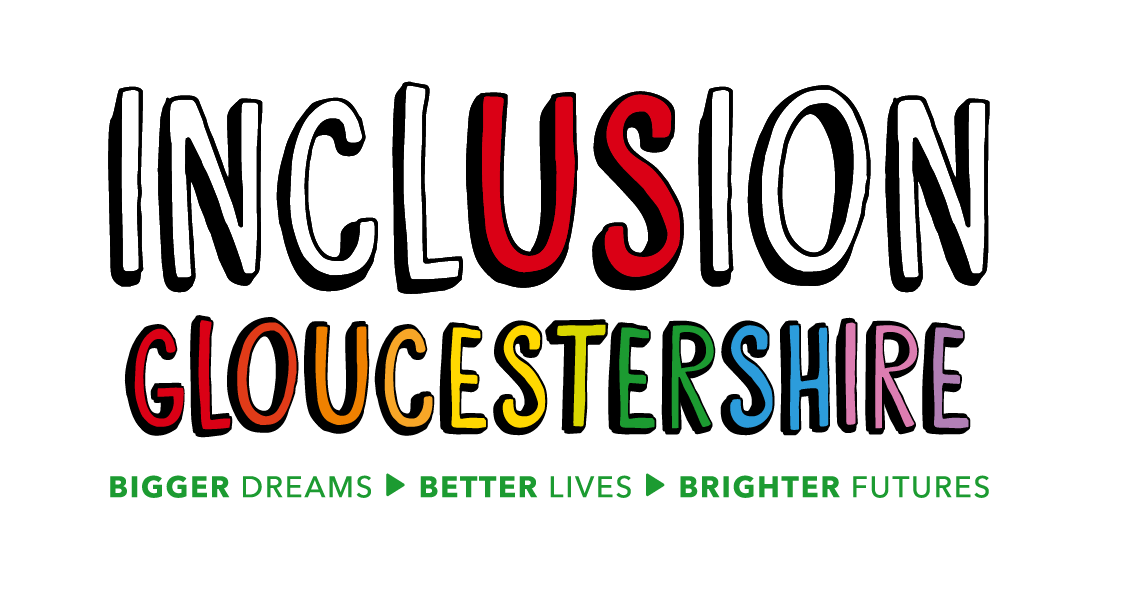



Amplify Stroud is supported by Dialect rural writers collective. Dialect offers mentorship, encouragement and self-study courses as well as publishing.
You can find out more at https://www.dialect.org.uk/








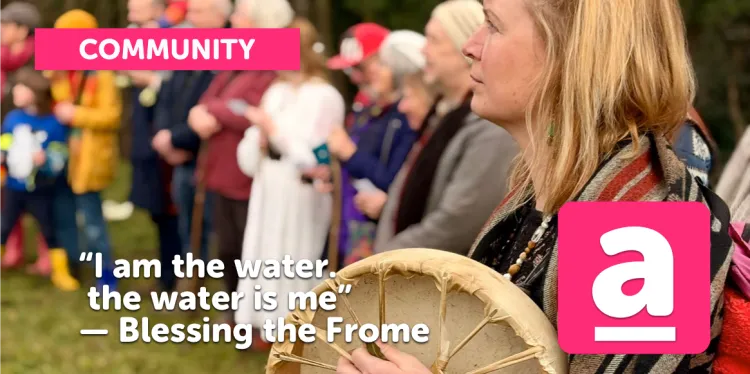
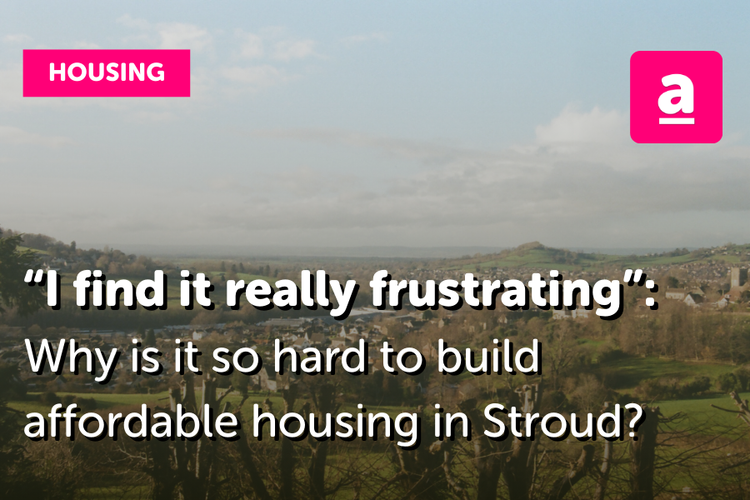
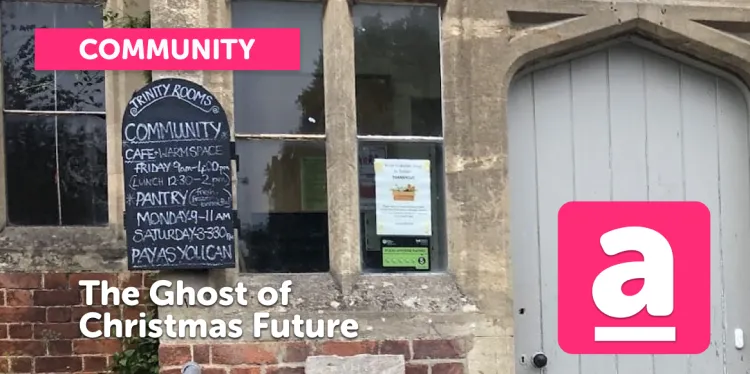

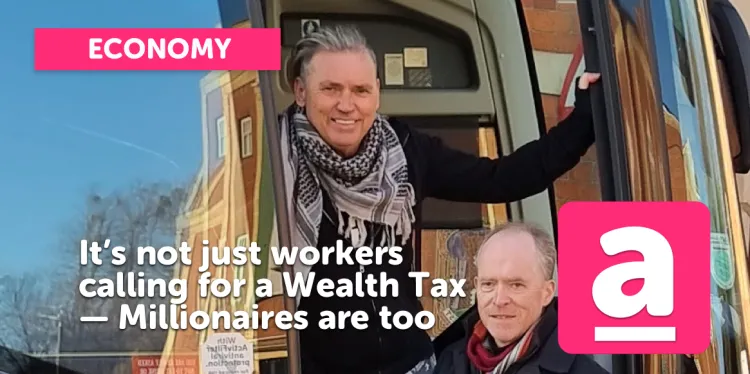
Member discussion